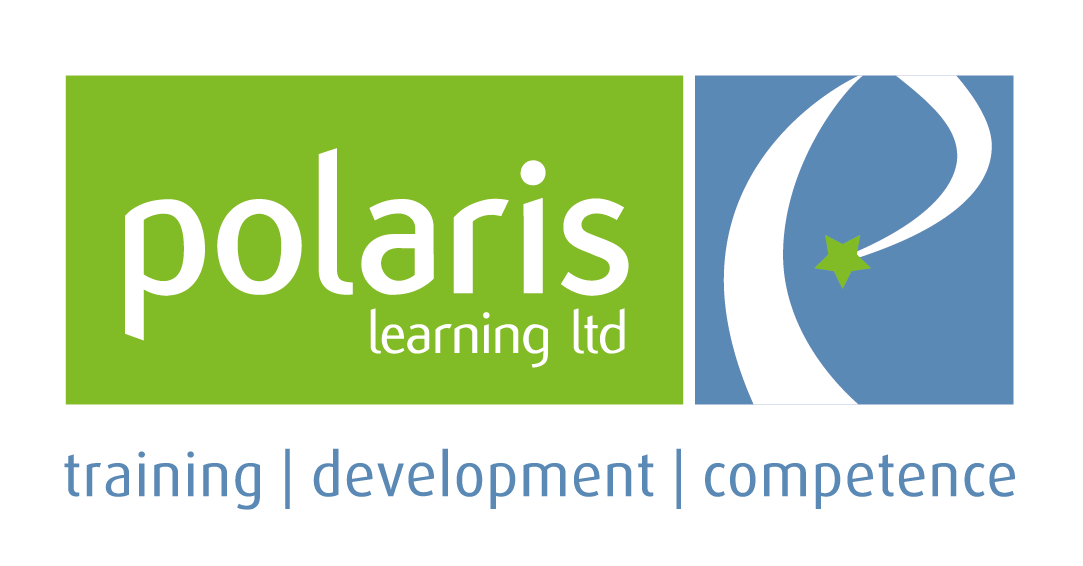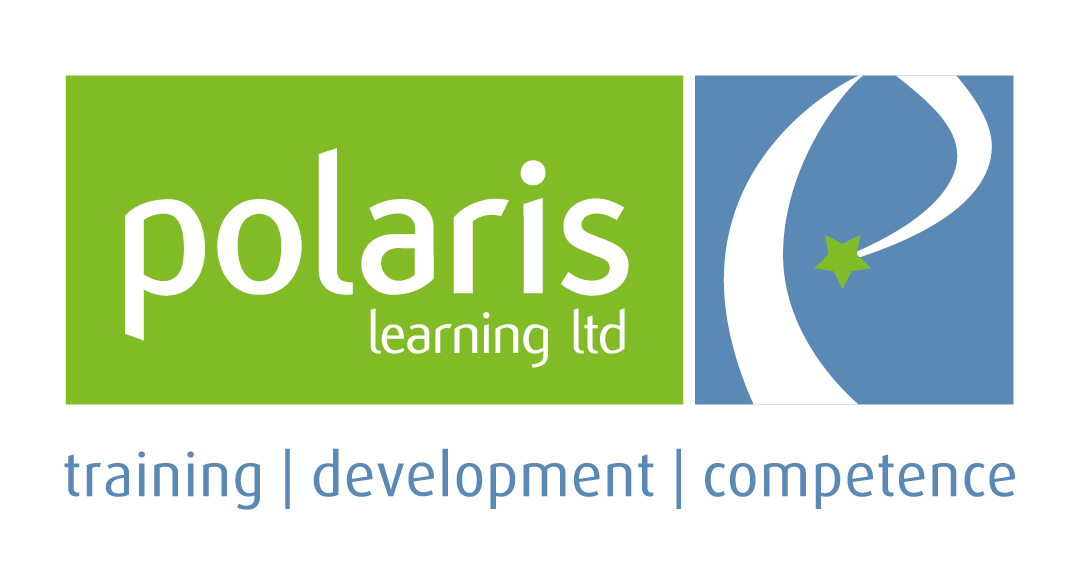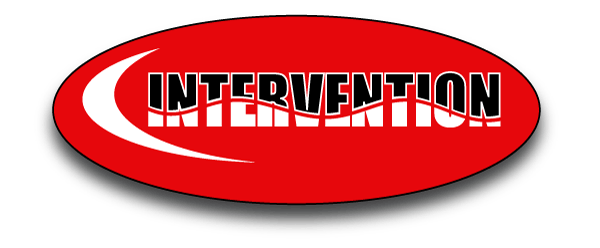Giving Managers Essential Training and Coaching Skills
Training and coaching skills are core competencies for any manager, whatever their industry or role.
To enable managers to get the most from their team and others who they might work with, it is important to make sure that they have the skills, knowledge, ability and confidence to train and coach those around them. This can make the difference between an OK manager and a great manager.
WHY DOES IT MATTER AS A MANAGER?
Training and coaching as a manager, is a day-to-day part of the role, helping to develop the people in our teams, providing the input that they need at the right time and in the right way, as well as giving appropriate and timely feedback.
Without this input on a regular basis, team members are unlikely to fulfill their potential and the team is less likely to achieve its objectives.
FIRST THINGS FIRST
If we accept that a core part of a manager’s role is to develop the people in their team, managers can then benefit from understanding the overall learning process and how they can intervene to help their team members excel.
This diagram below shows the key stages of the learning process and the manager is probably going to be involved in all of these stages.

NEXT STEPS
The next stage is for managers to understand how people become competent in their roles.
This is relevant whether your team member is starting out in their career or very experienced but new to a particular role or new to the company.

With this information, the manager can think about where the team member is for each task, prioritise where the focus needs to be and then plan accordingly.
COACHING SKILLS
There are so many different forms and degrees of coaching but for most managers, the essential coaching skills that they need to be able to help their team members succeed are the core skills that the manager can use day to day and on-the-job as both parties go about their work.
These coaching skills are captured here:

Taking each point in turn, it is clear that there are a range of skills that managers can benefit from developing.
We have focused on a few as a starting point:
Being Supportive
This means:
- Being fully present in the conversation and not distracted.
- Acknowledging what is being said so they know that they have been heard.
- Affirming the person’s strengths.
- Appreciating what they are experiencing and the impact on them.
Challenge
This can mean:
- Purpose – acting with purpose and taking people out of their comfort zones but in a way that feels safe to them.
- Getting the timing and balance right, so providing the right coaching at the right time for everyone involved.
- Right frame of mind is essential for the person being coached and also for you.
- Watching not to over-challenge the person as this can be demotivating or make them defensive or withdrawn.
Rapport and Trust
At the heart of this:
- First impressions matter in the relationship the manager has with the team members and will feed into how successful any coaching is.
- Dependability is important for the team member to feel that the manager can be trusted and for them to allow themselves to be coached.
- Honesty, integrity and discretion are also all important in the relationship to allow the manager to successfully coach the team members.
Reframing
This is a big topic in itself but key areas that managers can apply from it quite quickly are:
- Change perceptions by providing a different perspective on a situation.
- If someone is struggling to understand something, try a different approach or a different way of looking at the topic, issue or task.
- Use listening skills to make sure that you are genuinely listening to what is being said and are picking up on what is also not being said.
- Read body language – are they really getting this? They might be telling you that they are but question if they actually are.
Reflection
Encouraging the person being coached and also the manager providing the coaching, to reflect. This includes:
- Evaluating the task or event, and then enabling movement in thinking, mindset and approach.
- Helping the team member to develop a full understanding of how things are progressing.
- Being patient and curious as a coach, and in this way, finding out more and being able to delve deeper.
- Clarify and summarise what you are hearing and seeing.
FINALLY…
There are many good coaching tools and books available, but one that we particularly like as a good starting point for managers is this:
Basic Johari Window
This summarises that for the person being coached and for us as the manager coaching, that there is a lot going on at any one time. Being aware of this and being prepared to explore what this means for each of your team members, is a great starting point to help managers develop their team members and themselves.
Reference: The Leader’s Guide to Coaching and Mentoring





 Well Operations Audit of Supply Chain
Well Operations Audit of Supply Chain Revision and roll out of CMS
Revision and roll out of CMS Set up and Hosting of Organisations CMS
Set up and Hosting of Organisations CMS

 Integrated LMS and CMS
Integrated LMS and CMS
